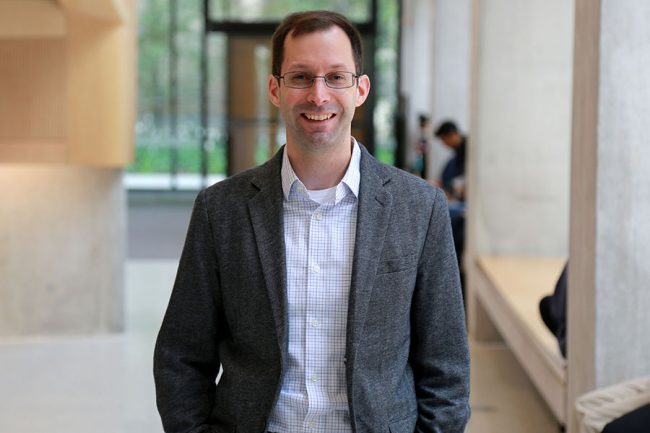
The Korea Herald today reported on the first AI achievement by LG, a South Korean multinational electronics company.
According to the article, LG “announced two academic papers on explainable AI and continual learning in collaboration with University of Toronto, through the Association for the Advancement of Artificial Intelligence.”
UTTRI associated faculty Professor Scott Sanner leads a team which has “improved the [AI] learning capability by 40 percent by applying the Shapley value – a measure for importance of data – for the first time in the field.”
Sanner explains:
Continual Learning is a research branch of deep learning focused on systems that continually learn over time, maintaining consistent performance on all current and previously seen learning tasks. It is a difficult challenge because deep learning performance is heavily skewed towards recent data, yet computational and data storage limits make it prohibitive to store and repeatedly iterate over all previously seen data.
Among many potential applications, Continual Learning is critical for low power and memory devices such as cell phones, and from a broader perspective, it is a critical component of future AI systems that continuously learn in real-time from extremely large quantities of daily sensor data.
In this research (covered in the following publication) my research group with partners at LG managed to improve over the state-of-the-art methods by up to 40% by leveraging a novel method based on the Shapley value to determine which data samples to retain and replay during the continual learning process.
- Online Class-Incremental Continual Learning with Adversarial Shapley Value. Shim, D.; Mai, Z.; Jeong, J.; Sanner, S.; Kim, H.; and Jang, J. In Proceedings of the 35th AAAI Conference on Artificial Intelligence (AAAI-21), Online, 2021.
Read the full article “LG AI Research unveils first AI achievement,” The Korea Herald, February 25, 2021.
Related content
